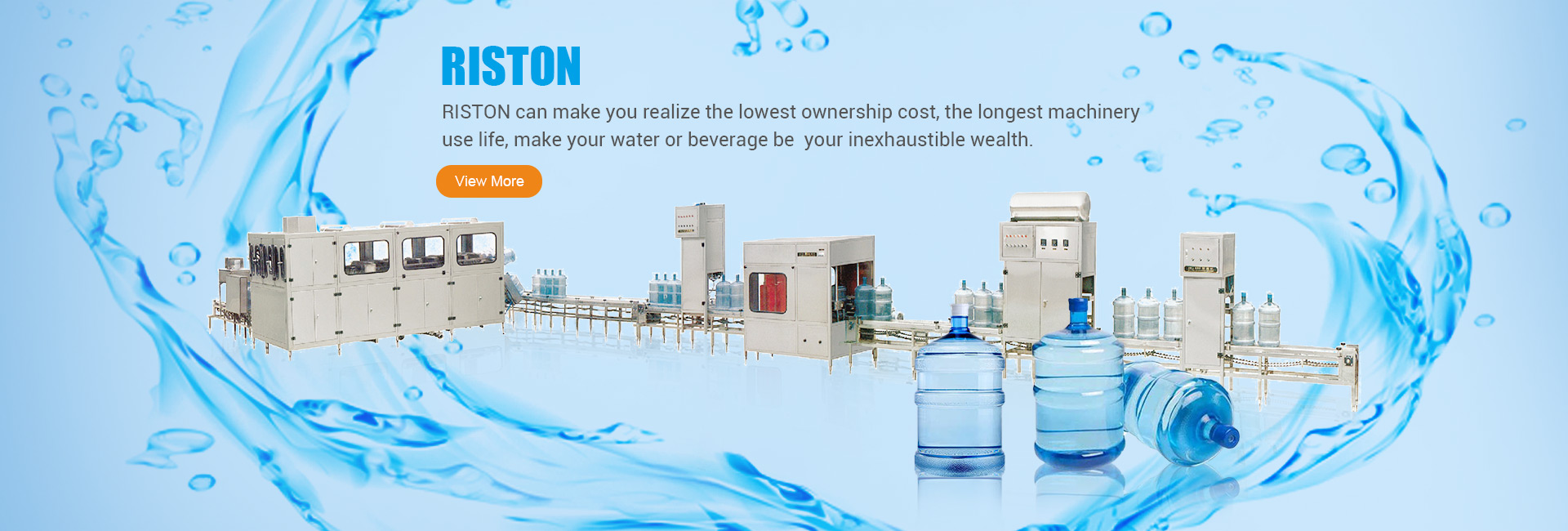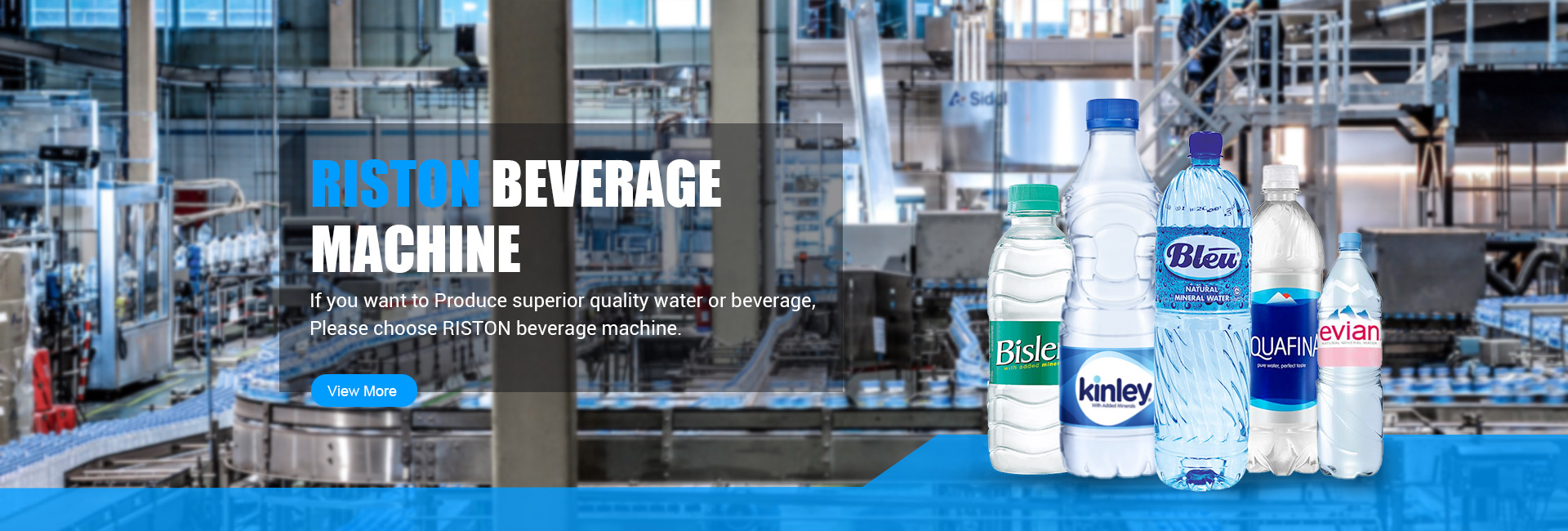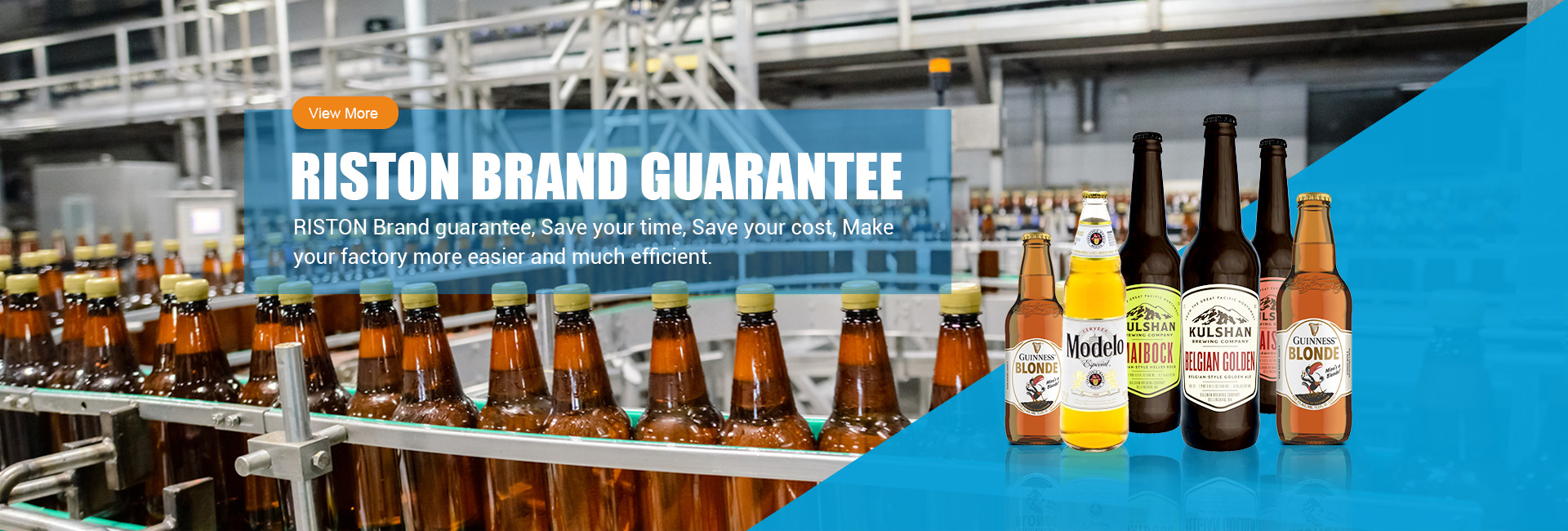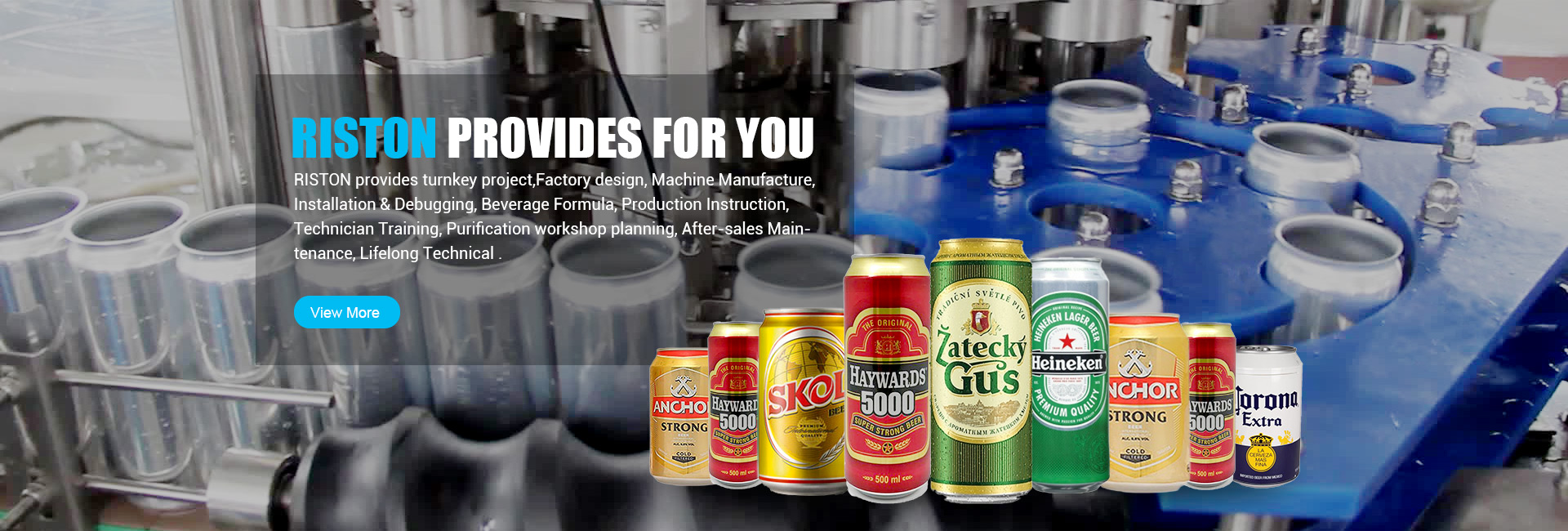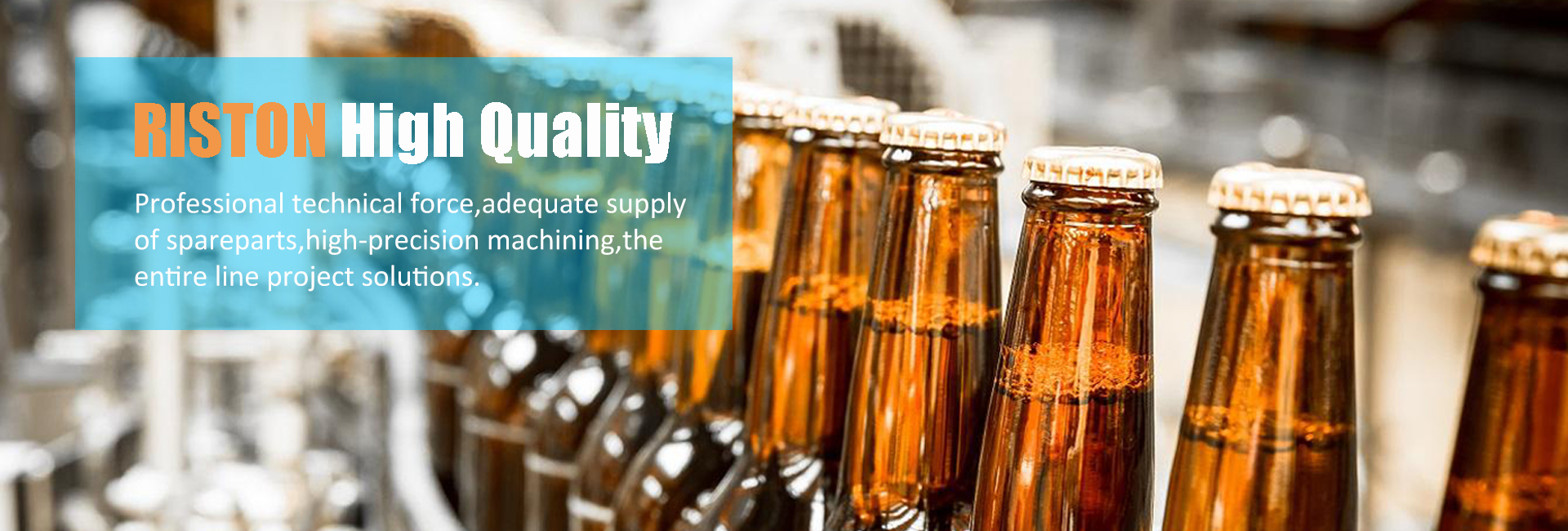RISTON-introduction to advanced water treatment system nanotechnology
Introduction: RISTON, a leading innovator in the water treatment industry, has been at the forefront of integrating cutting-edge nanotechnology into its advanced water treatment systems. This technical article explores how RISTON harnesses the power of nanotechnology to enhance water purification processes, improve efficiency, and address emerging water quality challenges.
Nanomaterials for Enhanced Filtration At the core of RISTON's advanced systems is the use of nanoscale materials that offer unparalleled filtration capabilities. These materials include nanostructured membranes with sub-nanometer pores, which allow for ultrafine filtration that effectively removes even minute contaminants such as viruses, bacteria, heavy metals, and dissolved organic compounds that traditional methods might miss.
Nanosorbents for Pollutant Removal RISTON employs innovative nanosorbents like activated carbon nanoparticles or metal-organic frameworks (MOFs) that exhibit high surface area-to-volume ratios. This feature significantly increases their capacity to adsorb and remove various pollutants from water more efficiently than conventional sorbents.
Nano Catalysis for Chemical Transformation Some RISTON water treatment systems incorporate nanocatalysts to accelerate chemical reactions that degrade toxic substances. For instance, photocatalytic nanomaterials, when exposed to light, can break down hazardous chemicals into harmless byproducts, thus providing an eco-friendly approach to wastewater remediation.
Real-time Monitoring with Nano Sensors To ensure optimal system performance and real-time monitoring of water quality, RISTON integrates nanotechnology-based sensors. These sensors are highly sensitive and accurate, capable of detecting trace amounts of contaminants quickly and reliably, allowing for immediate adjustments to the treatment process if necessary.
Energy Efficiency and Sustainability The use of nanotechnology also contributes to energy savings in RISTON’s water treatment systems. By optimizing filtration processes and reducing the need for chemical treatments, these systems minimize energy consumption and waste generation, aligning with sustainable development goals.
Future Perspectives RISTON continues to invest in research and development to explore new applications of nanotechnology in water treatment. Ongoing advancements in nanocoatings for membrane longevity, smart self-cleaning surfaces, and the development of novel nanocomposites promise to revolutionize water treatment practices further.
Conclusion: The integration of nanotechnology into RISTON's advanced water treatment systems represents a significant step forward in addressing global water scarcity and contamination issues. By leveraging the unique properties of nanomaterials, RISTON is able to deliver solutions that not only purify water to unprecedented levels but also do so in a manner that is environmentally friendly and economically viable.
For detailed specifications, case studies, and the latest information on RISTON's nanotechnology-enhanced water treatment systems, interested parties are encouraged to consult the company’s official resources or directly engage with RISTON's experts for personalized consultation.
Note: Actual features, performance metrics, and availability of RISTON's nanotechnology-integrated water treatment systems may vary depending on ongoing research, product developments, and market-specific offerings. Always refer to the most recent documentation provided by RISTON for accurate and up-to-date information.

